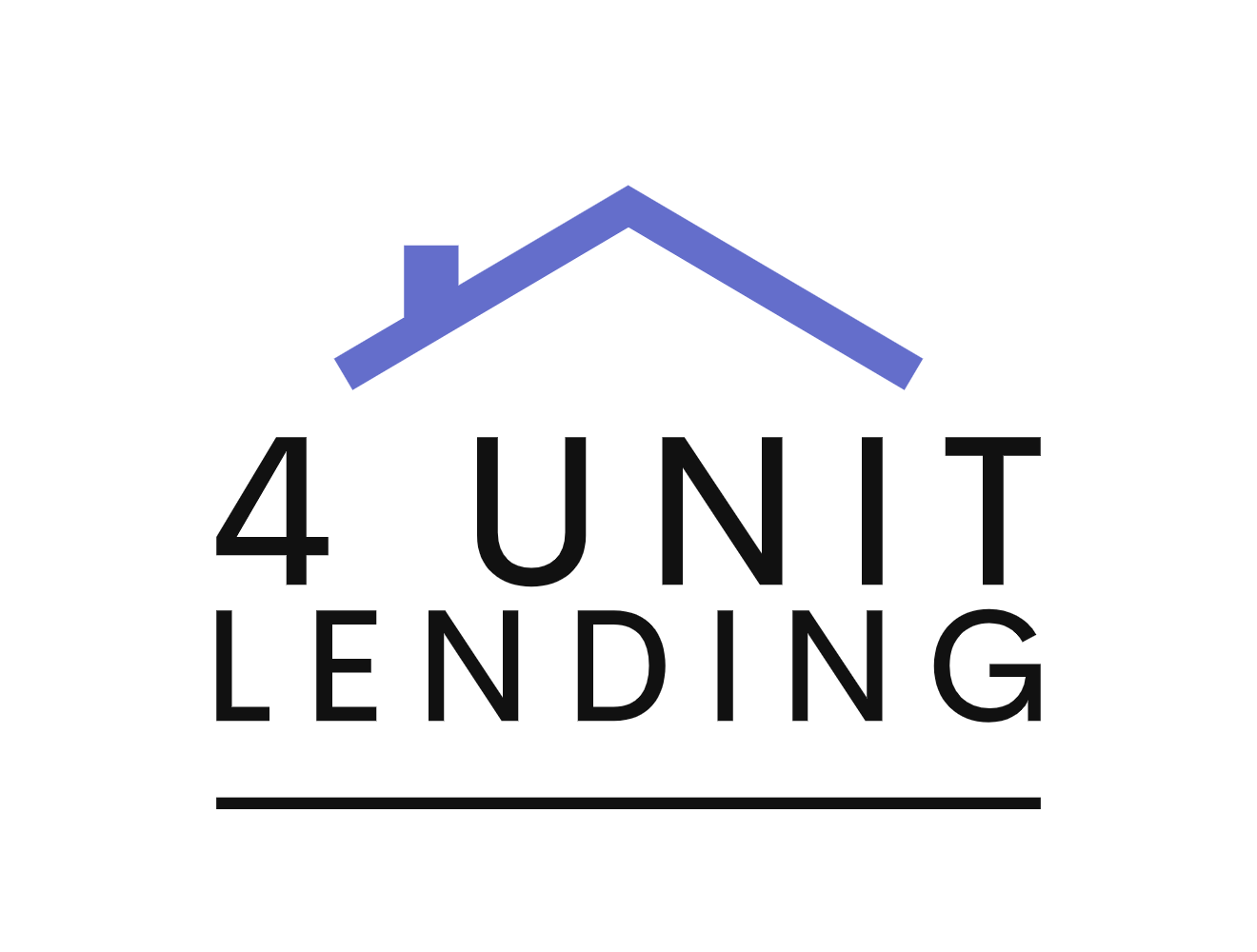You want in on the real estate game, but you’re not sure which strategy is the right fit — active vs. passive investing. It’s a personal decision that requires careful consideration of your financial objectives, market knowledge, and risk tolerance. There’s also a time factor to think about. After all, there are only so many hours in each day.
Defining Active Investing
Active real estate investing is hands-on. You make all the decisions — which properties to buy, where to look for them, and how to finance them. You decide on your strategy, whether you want to use the property as a long-term rental or flip it for quick profits.
As an active investor, you’ll participate in every aspect of the property once you buy it. Of course, you can hire others to take care of specific tasks. But you’re the key decision maker.
The most common forms of active real estate investing are house flipping and property management. When house flipping, investors seek out distressed or undervalued properties, set up renovations to improve the property’s market value, then (hopefully) sell it at a higher price than they bought it for.
If you opt for property management, you buy and rent properties to tenants. Your profit comes from rental income and long-term appreciation. You’re not limited to residential homes — you can also expand into commercial and industrial properties.
Defining Passive Investing
You’re less involved in property decisions as a passive real estate investor. You don’t actually own the properties you invest in. Instead, you buy financial assets in the real estate sector, hoping to earn a return.
You can put as much (or as little) into your real estate investing activities as a passive investor. You can also sell your stake when you want — you’re not limited to waiting for a property to sell.
The most common forms of passive real estate investing include real estate investment trusts (REITs), real estate-oriented mutual funds, or crowdfunding opportunities. REITs trade in shares, like a stock, while mutual funds pool investor money to buy a stake in a property’s ownership. Real estate crowdfunding involves sourcing funds to purchase properties from individual investors. Each investor earns proceeds from any property profits.
Pros and Cons of Active Investing
The main advantages of active real estate investing are higher returns and greater control. As an active investor, you may retain all the profits from flipping a property or offering it as a rental. If you partner with others on the investment, you’ll share profits according to your agreement.
Active investing gives you complete control over how you spend your money. You pick the properties and decide on renovations or improvements.
However, active investing isn’t for everyone. It’s time-consuming and may take as much work as a full-time job. It also requires substantial market knowledge. The best active investors research properties, current market conditions, and changing trends. Without the right expertise, you risk a poor investment.
Pros and Cons of Passive Investing
As a passive investor, property decisions are out of your hands. There’s significantly less time commitment, and you don’t deal with upkeep. You put up the money and wait for earnings. If you’re after diversification, REITs or mutual funds probably suit your needs. Since REITs and mutual funds invest in multiple properties, your returns are a combination of each property — not just one.
Unfortunately, passive investing provides lower returns and less control. Your share in a property is minor, so you don’t get the profit windfall you may see as an active investor. You also won’t make key property decisions.
Choosing the Right Strategy
When deciding which active and passive investing, consider these factors:
Time Availability: If you already have a full-time job, active real estate investing may not be a good fit. Risk Tolerance: Active investing involves much more risk. You’ll make a considerable upfront investment, and there’s always a chance things won’t work out quite the way you planned. Financial Goals: Investors seeking long-term, stable returns may prefer passive investing. Active investing offers big profits but isn’t consistent.
You can also consider a hybrid approach. Maybe you want the profits from active investing but don’t have the time to oversee all the ins and outs of property management. You could pick the property, invest, and hire experienced professionals to handle rehab and tenant concerns.
How Dominion Financial Services Can Help
Dominion Financial Services offers tailored financing solutions for real estate investors. We provide real estate loans in all 50 states and Washington, D.C. Contact us today to learn more about our lending opportunities.

